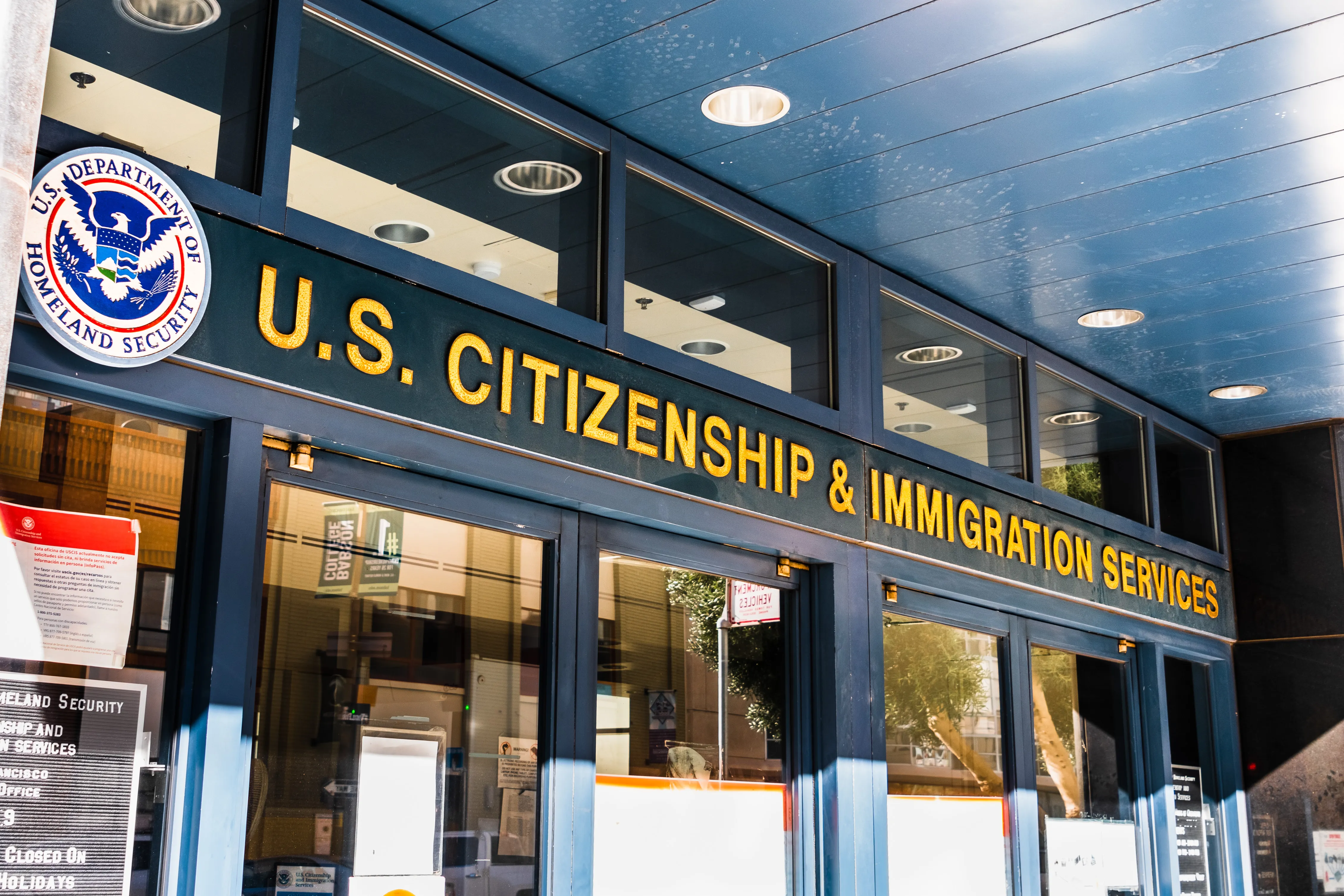
Daily Audio Newscast Afternoon Update - April 29, 2025
© INDU BACHKHETI - iStock-1336427297
News from around the nation.
Mark Carney wins new term as Canada's Prime Minister on anti-Trump platform; Without key funding, Alabama faces new barriers to college access; MS could face steep postal privatization costs under Trump-Musk plan; New Hampshire's rail trails ensure accessibility for all.
Transcript
The Public News Service Tuesday afternoon update.
I'm Mike Clifford.
Mark Carney used his victory speech to claim Donald Trump wanted to break us as he led Canada's Liberal Party to a fourth term in office in a race that was upended by threats and aggression from the U.S. President.
That for the Guardian, they report the Liberal triumph capped a miraculous political resurrection and marked a landmark victory for Carney, the former central banker and political novice who only recently succeeded Justin Trudeau as Prime Minister.
Mirroring a theme of the campaign, Carney told election night supporters that Trump wanted to break us so America can own us, adding, "That will never, ever happen," to shouts from the crowd.
Meantime, President Trump and Elon Musk have proposed privatizing the U.S. Postal Service by selling it off to a corporation, such as Federal Express or UPS.
A new Institute for Policy Studies report shows which zip codes in Mississippi and across the nation would likely pay higher parcel rates to cast ballots or receive medicines and other essential items.
Co-author Sarah Anderson says more than 100,000 Mississippians in rural areas, small towns and even suburbs on less profitable routes would take the biggest hit.
Without competition from a public service that has a mandate to provide affordable delivery to every address in America, people in these areas in particular might lose their delivery at their homes altogether.
I'm Tramell Gomes.
And next, Alabama, where efforts to ensure students have equal access to post-secondary education are hitting serious roadblocks.
Alabama Possible, a non-profit led by Chandra Scott, is among the groups facing major funding and outreach challenges, including the loss of a $700,000 grant meant to boost FAFSA completion in rural communities.
She explains that without direct support, such as one-on-one help filling out financial aid forms or answering questions after school hours, many students and families are left to navigate a complex and often intimidating process alone, putting college farther out of reach.
We saw that the FAFSA completion rate data led us to understand that that's where we needed to put our focus.
And unfortunately, losing that grant took away our ability to build capacity to do deeper outreach in those communities.
Shantia Hudson reporting.
And trail advocates in New Hampshire will kick off their accessible hiking season this weekend by highlighting how people of all abilities can enjoy the state's growing network of rail trails.
Laura Clark helps with the wheelchair health in motion program with the Sunset Hill Educational Institute in South Sutton.
She lives with a spinal cord injury and says rail trails allow her to still explore the great outdoors.
It just was like, wow, I can be immersed in nature again.
I can get out there and I can share it with my friends.
Nearly 400 miles of railway corridors have been converted to asphalt paved or compacted gravel trails and are open to the public.
This is public news service.
A group of young people from Washington, fresh from a grassroots leadership development program, is speaking up against the Trump administration's plans to cut funding for social programs while investing more in the country's military.
The group of young people recently concluded the Young Activist Leaders Program or Yelp, which teaches social justice and community organizing.
Nico Jagger is one of the youth leaders of the program.
He says in the wake of the Trump administration's pledging $1 trillion to the military, the group decided to wrap up the program's spring session by organizing a rally.
We don't want our money going to war.
We'd rather our money go to food stamps, social security, health care.
Those are the things that actually save and improve lives versus war is this machine that just destroys.
The rally featured youth speakers as well as community leaders for fair housing and immigrant rights.
I'm Isabel Charlay.
And as the debate over adding fluoride to drinking water heats up, some 20,000 residents in northern Arkansas live in an area without fluoridated water.
According to reporting from KFF Health News, the director of the Ozark Mountain Regional Public Water Authority, Andy Anderson, has defied state law for decades and refuses to add the mineral to the water system.
Dentist Dr. James Flanagan practices in the region and sees a lot of what he calls rampant decay.
The people that go to the dentist have the means to do so.
And so it's kind of the underserved who are really affected by the lack of fluoride because they don't seek dental care in general.
So it works against them not to have the fluoride in their water.
The water authority serves Boone, Marion, Newton and Searcy counties.
Anderson says he believes fluoride can hamper the brain and body to the point of making people get fat and lazy.
This story was produced with original reporting from Brett Kelman for KFF Health News.
I'm Freda Ross reporting.
Finally, a major player in the Northwest energy landscape is considering changes in the future as extreme climate events make power delivery in Oregon more unpredictable.
Like utilities in the region, the Bonneville Power Administration, a non-profit federal administration, is considering joining a larger energy market to ensure reliable access for customers.
BPA is favoring a market known as Markets Plus, which it says will be less expensive in the long run but could cost between $79 and $129 million more for ratepayers in 2026.
However, organizations like Save Our Wild Salmon favor the Day Ahead Energy Market, or EDAM.
Tanya Reardon with the organization says BPA needs to consider tribal rights in the region, especially when it comes to salmon.
We can have a more open governance model that gives state officials, consumers an equal role which would keep salmon recovery priorities at the forefront.
I'm Eric Tegethoff reporting.
This is Mike Clifford for Public News Service.
We are a member and listener supported.
Find our trust indicators at publicnewsservice.org.
















